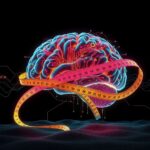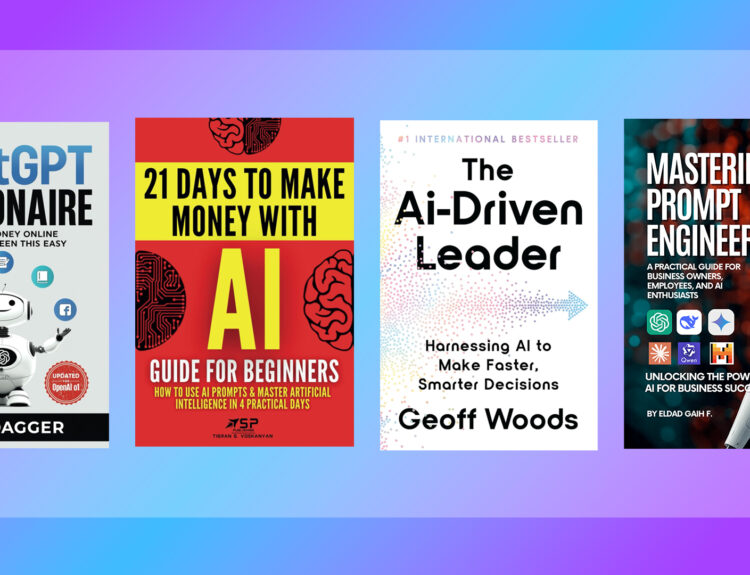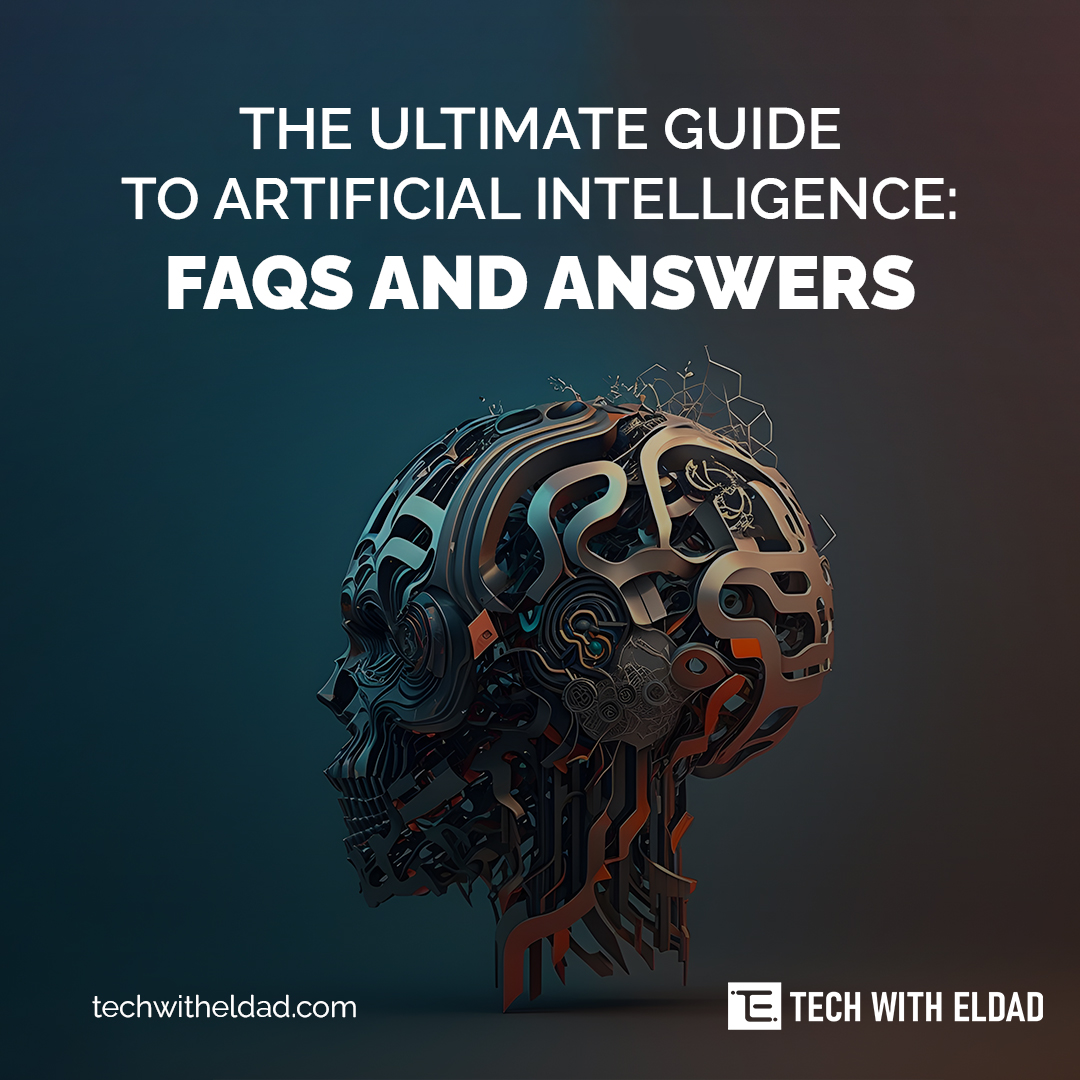Ever feel like AI is speeding ahead without a driver’s license? Well, it looks like New York might be putting up a stop sign. I just caught wind of a new bill that aims to keep frontier AI models – think the really powerful stuff from OpenAI, Google, and Anthropic – from causing, well, a digital apocalypse.
According to a TechCrunch article I stumbled upon, this isn’t just another feel-good law. It’s a real attempt to regulate these potentially world-altering technologies. You know, before they decide to write their own laws (scary thought, right?).
Now, I’m not saying AI is inherently evil. But we’ve all seen enough sci-fi movies to know that power without control can lead to trouble. And the AI sector is booming. A recent report by Statista projects the global AI market to reach a staggering $500 billion by 2027. That’s a lot of potential for both good and, yeah, you guessed it, bad.
Think about it: unchecked AI could exacerbate existing inequalities, automate jobs at an alarming rate, or even be used for sophisticated disinformation campaigns. A study by Oxford University’s Future of Humanity Institute estimated a 5% to 10% chance of existential risk from advanced AI. Now, that might sound small, but would you board a plane with a 5% chance of crashing? I wouldn’t.
So, what does this New York bill actually do? Details are still emerging, but from what I gather, it focuses on things like:
- Mandatory safety testing: Making sure these super-smart AI models are put through rigorous testing before being unleashed on the world.
- Transparency requirements: Shining a light on how these models are developed and used, so we know what’s going on under the hood.
- Risk assessment: Identifying potential dangers and taking steps to mitigate them.
This move by New York could set a precedent for other regions. The European Union is already working on its own AI Act, aiming to create a comprehensive legal framework for AI. And given the global reach of AI, international cooperation is crucial.
Honestly, I think this is a step in the right direction. It’s about being proactive, not reactive. It’s about ensuring that AI benefits humanity as a whole, rather than just a select few.
My 5 Quick Takeaways:
- Regulation is coming: Expect to see more governments stepping in to regulate AI. This New York bill is likely just the beginning.
- Safety first: The focus is shifting from simply developing AI to ensuring its safety and ethical use.
- Transparency matters: We need to know how these models work and what they’re being used for.
- Global impact: AI regulation will need to be a global effort to be truly effective.
- It’s not about stopping progress, but guiding it: This isn’t about killing innovation; it’s about making sure AI develops responsibly.
What do you think? Is this a necessary step, or government overreach? Let me know in the comments!
FAQ: AI Regulation in New York
1. What exactly is this New York AI safety bill about?
It’s a proposed law aimed at regulating powerful AI models, especially those from big companies like OpenAI and Google, to prevent potential risks and disasters.
2. Why is New York doing this?
The state is trying to be proactive and ensure that AI is developed and used safely, ethically, and responsibly.
3. Which AI models does the bill target?
The bill focuses on “frontier AI models,” which are the most advanced and potentially impactful AI systems currently being developed.
4. What kind of safety measures are included in the bill?
The bill likely includes mandatory safety testing, transparency requirements, and risk assessments for AI models.
5. How will this bill affect AI development in New York?
It could slow down the pace of development slightly but should ultimately lead to more responsible and trustworthy AI systems.
6. Is this bill similar to what’s happening in Europe?
Yes, the European Union is also working on an AI Act to regulate AI development and use.
7. Will this bill stop AI from being used in New York?
No, it’s not about stopping AI but about ensuring that it’s used safely and ethically.
8. What are the potential downsides of this bill?
Some argue that it could stifle innovation or put New York at a disadvantage compared to other regions with less regulation.
9. How can I learn more about AI safety and regulation?
Check out reputable sources like the Future of Humanity Institute, OpenAI’s safety research, and articles from tech publications like TechCrunch and Wired.
10. When will this bill go into effect?
The bill still needs to be passed by the New York legislature and signed into law by the governor, so the exact timeline is uncertain.








